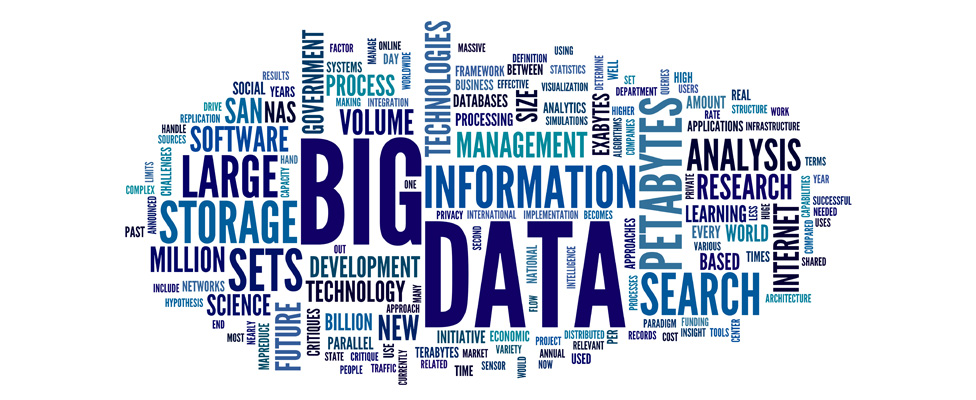A Deluge of Data: Unveiling the Power and Challenges of Big Data
Towven.com – In today’s data-driven world, we are constantly generating information at an unprecedented rate.
This surge in information creation has given rise to big data, a term used to describe the large and complex datasets that are generated by modern technology.
Big data encompasses vast amounts of structured, semi-structured, and unstructured data that traditional data processing applications struggle to handle.
From social media interactions and financial transactions to sensor readings and scientific simulations, big data encompasses a diverse range of information.
This article delves into the captivating world of big data, exploring its characteristics, the challenges it presents, and the immense potential it holds for unlocking valuable insights across various fields.
Beyond Volume: Understanding the Characteristics of Big Data
Big data is not simply about the sheer volume of information. It is defined by three key characteristics often referred to as the “Three Vs”:
-
Volume: The sheer size and scale of big data sets them apart. We’re talking about terabytes, petabytes, and even exabytes of data – quantities that traditional data management tools cannot efficiently handle.
-
Variety: Big data comes in a multitude of formats, including structured data (relational databases), semi-structured data (log files, emails), and unstructured data (social media posts, images, videos). This variety necessitates new approaches to data analysis.
-
Velocity: Big data is generated at an ever-increasing rate. Social media feeds update constantly, sensor networks collect data in real-time, and financial transactions occur instantaneously. This velocity necessitates agile and scalable data processing solutions.
These characteristics of big data pose unique challenges and require innovative solutions for effective utilization.
A Maze of Information: Challenges Associated with Big Data
While big data holds immense potential, it also presents several challenges:
-
Data Storage: Storing and managing such vast quantities of data requires robust and scalable storage solutions. Traditional storage technologies may not be sufficient for handling big data.
-
Data Processing: Analyzing and extracting meaningful insights from big data necessitates specialized tools and techniques. Traditional data analysis methods may struggle with the complexity and variety of big data.
-
Data Integration: Integrating data from disparate sources – structured, semi-structured, and unstructured – can be a complex challenge. Ensuring data consistency and quality is crucial for effective analysis.
-
Data Security and Privacy: The vast amount of personal data contained within big data raises concerns about security and privacy. Robust measures are required to protect sensitive information.
-
Data Governance: Establishing clear guidelines for data ownership, access, and usage is essential to ensure responsible and ethical use of big data.
Unveiling the Potential: How Big Data is Transforming Industries
Despite the challenges, big data is revolutionizing various industries by enabling data-driven decision making and unlocking valuable insights:
-
Healthcare: Big data can be used to analyze medical records, identify disease patterns, and personalize treatment plans. It can also be used to develop new drugs and therapies.
-
Finance: Big data can be used to assess financial risk, detect fraudulent activity, and personalize financial products and services.
-
Retail: Big data can be used to understand customer behavior, personalize marketing campaigns, and optimize product recommendations.
-
Manufacturing: Big data can be used to improve production efficiency, predict equipment failures, and optimize supply chains.
-
Government: Big data can be used to improve public services, identify emerging trends, and enhance public safety.
-
Environmental Protection: Big data can be used to monitor environmental conditions, track climate change, and develop sustainable solutions.
These are just a few examples of how big data is transforming different sectors and shaping the future.
Navigating the Data Deluge: Embracing the Opportunities of Big Data
The potential of big data to create a more informed and efficient future is undeniable.
However, it’s crucial to address the challenges associated with data security, privacy, and ethical considerations.
By developing robust data governance frameworks and investing in innovative big data analytics tools, we can harness the power of big data for positive change.
As we navigate the data deluge, big data has the potential to unlock a future with greater efficiency, sustainability, and progress across various fields.
